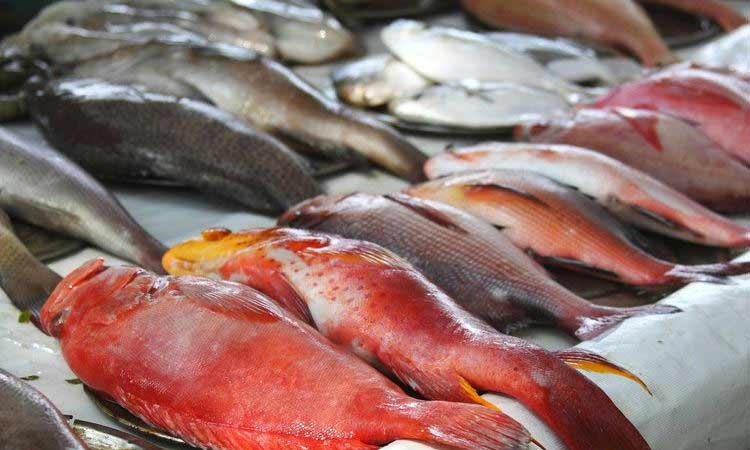Inside BENEO’s new pulse plant: pioneering sustainable protein from faba beans
A recent news broke about 10,000 kg of formalin laced fish being seized at the border check post in Kerala. These activities were immediately considered by the state authorities and were monitored in all the fish eating states and across India. Despite the prohibition of such activities, similar case had been registered in the northeastern state of Nagaland. It was noted that the administration seized such products treated with preservatives worth about Rs 10 lakh.
In a bid to increase the shelf-life and relatively the profits on the sale of fishes, a toxic chemical, formalin is used on a massive scale by the vendors. The vendors unaware about the ill-effects of such chemicals are encouraged to use for their own benefits, thus risking the health of consumers. The issues have grown out of proportion and certainly arose questions in the fish eating state and across India. The crisis are aggravating in the fish industry garnering immense attention across India and certainly has managed to create a havoc and disturbance in the functioning of work.
Formalin is derived from formaldehyde, a substance which is carcinogenic to humans. Formalin is either dipped or sprayed on fishes to prevent decaying and extend its shelf-life. It is because these are perishable food and the sales depend largely on their freshness. This is why the fishes which are imported from the different states are layered by formalin.
The effects of formalin to human consumption cannot be neglected. They are known to cause pneumonia and bronchitis, burning sensation in the eyes, nose, throat, apart from coughing and sneezing. If formalin reaches the stomach, a person could experience stomach ache and nausea.
It is disheartening to witness the adulteration rate that has been growing in the country among different food products. Earlier, a news broke about the carcass meat sold in Kolkata, the adulteration in oil & fruits and now the formalin fish has been added to the list lately. The chemicals used in products to extend their shelf – life can prove fatal and hence should be prohibited.
The vendors involved in such strenuous activity should be prosecuted and penalised. In order to stop these chain of activities, every food company big or small should adopt strict food hygiene, regular audits and frequent tests to retain trust of consumers. In addition to this consumers must implement various techniques that can be easily known to detect adulteration and harmful effects found in the food products.
The major states that are involved in the fishing activities are Goa, Maharashtra, North Eastern states, Tamil Nadu, West Bengal and Kerala. This means massive employment, transportation of goods interstate and more prohibition of rules and regulations.
However, one cannot avoid such practices of the vendors but can definitely get away from the issue by implementing some measures. Few activities which will help to avoid the formalin consumption is thoroughly washing the fish by running tap water, cooking it a temperature of 75 degrees C and checking the adulteration with a paper strip-based kit. These small steps shall prohibit the entry if formalin in human bodies.
The state authorities have addressed the issues and are formulating plans to avoid such nuisances by the fish vendors. The samples would undergo the formalin test henceforth and the legal actions would proceed. It is high time, the government implements a planned action and prohibit such sales.
We hope the fish industry returns with its best form without such issues and continues to hold its strength in the coming years. Afterall, a major chunk of the population is being employed by this industry. It would be unfair if the vendors promote the activities and the government doesn’t take a stand. Let us hope for the best outcomes of the decisions by authorities which will be released soon.
Ashwin Bhadri, CEO of Equinox Labs

